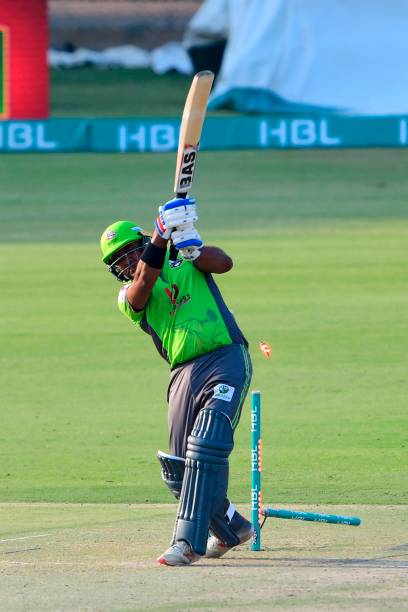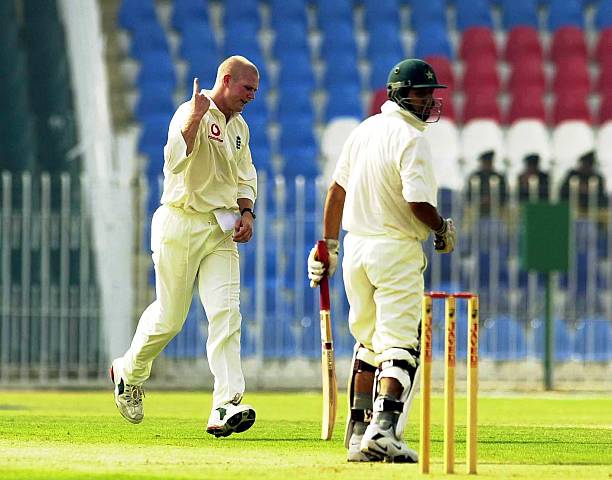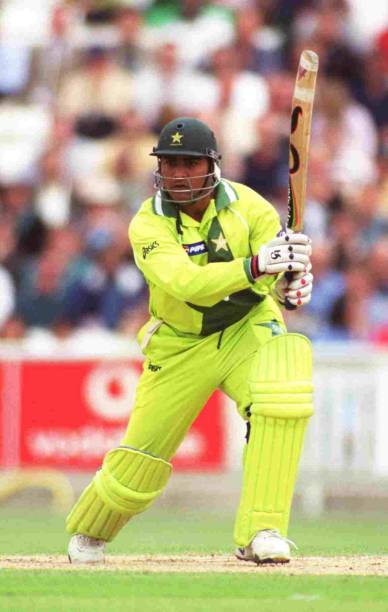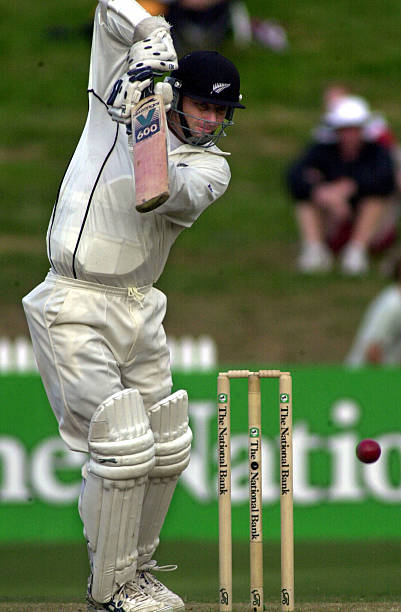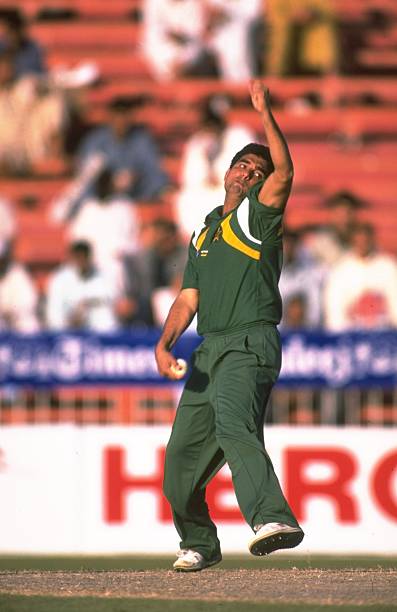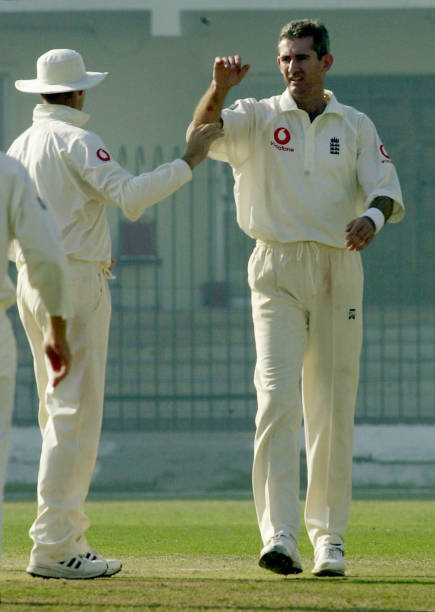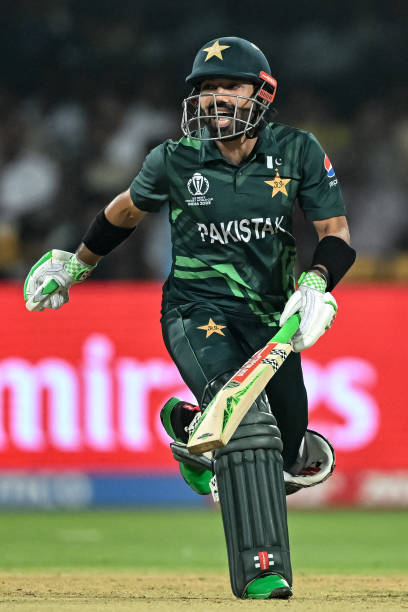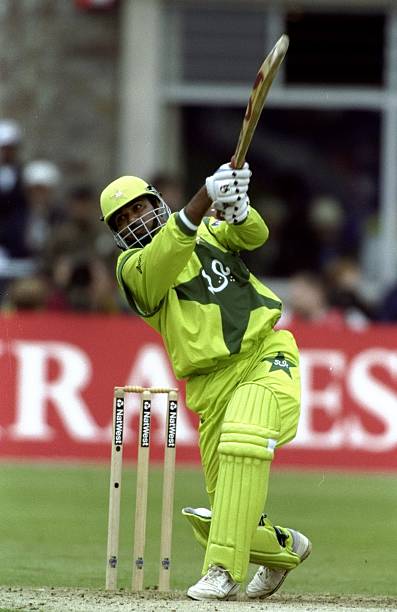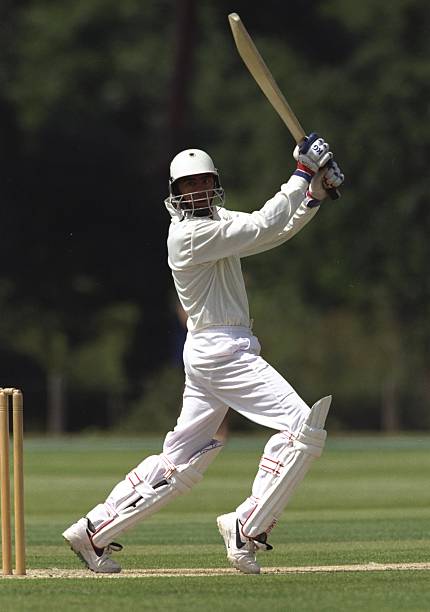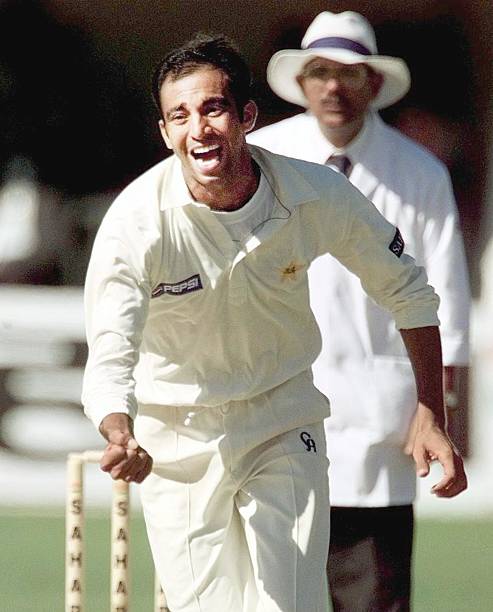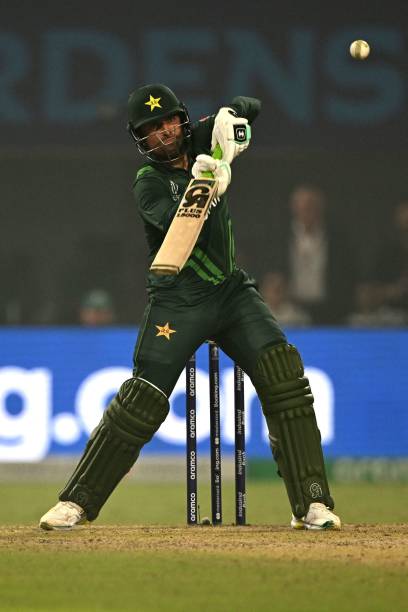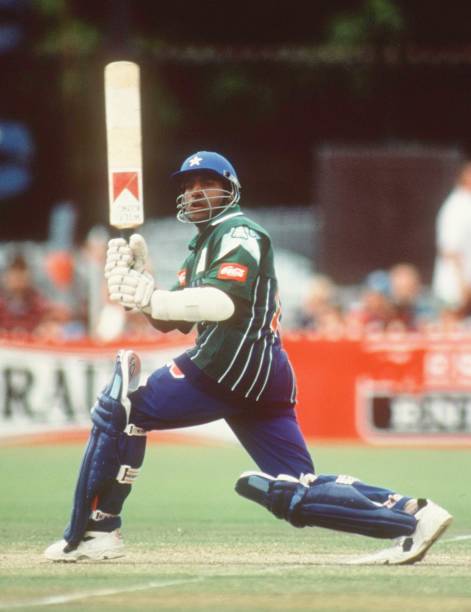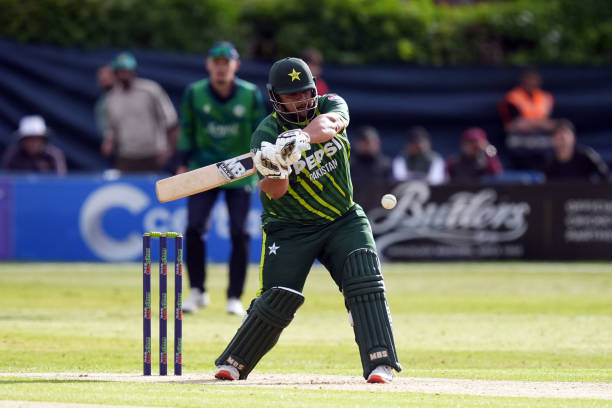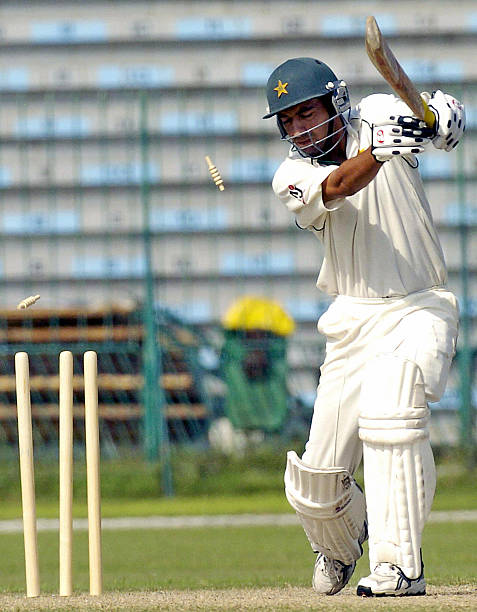
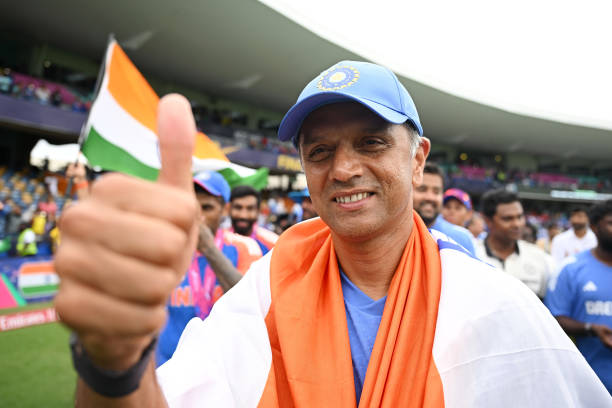
Rahul Dravid, affectionately referred to as "The Bastion," stands as one of India's most esteemed and accomplished cricketers. Renowned for his steadfast technique, profound focus, and capacity to endure pressure, Dravid emerged as a foundational element of Indian cricket during the late 1990s and 2000s. His lengthy career, extending beyond 16 years, witnessed the accumulation of countless records and accolades, cementing his status as one of the most exceptional batsmen in the history of the sport.
Early Life and Background
Born on January 11, 1973, in Indore, Madhya Pradesh, Rahul Dravid comes from a family devoid of a cricketing legacy. His father, Sharad Dravid, was a businessman, while his mother, Pushpa, worked as a teacher. Dravid was introduced to the game early on and displayed significant potential. He was an avid observer of the sport, often watching the cricketing legends of his time and dissecting their techniques.
Dravid’s cricketing journey commenced at the age of 12 when he enrolled at the Mallya Aditi International School in Bangalore. There, he received guidance from former Karnataka cricketer, Keki Tarapore, who aided him in honing his skills. His remarkable talent became apparent during his performances for the school and age-group teams, and he soon started competing for Karnataka at the domestic level.
Domestic and International Debut
Dravid made his first-class debut for Karnataka in 1991. His consistent displays at the domestic circuit quickly captured the attention of national selectors, leading to his ODI debut for India against Sri Lanka in 1996. However, it was in Test cricket that Dravid truly began to shine. He made his Test debut for India in that same year, against England in Manchester, where he scored 95 runs, just missing a century.
Dravid's versatility across formats and his ability to perform under challenging conditions established him as a pivotal player for India, especially in Test matches, where he was celebrated for his traditional batting style and temperament.
The 2000s: Ascendancy as a Cricketing Colossus
Throughout the 2000s, Dravid solidified his reputation as one of the world’s elite batsmen. His knack for anchoring innings and crafting lengthy, patient innings rendered him invaluable to the Indian side. He forged significant partnerships with contemporaries like Sachin Tendulkar, VVS Laxman, and Sourav Ganguly, aiding India in becoming one of the most formidable teams in global cricket.
In 2001, Dravid delivered one of his most memorable performances during India’s remarkable series victory against Australia at home. He scored an astounding 180 runs in the Kolkata Test, which propelled India to an extraordinary comeback after being made to follow on. Dravid’s input during that series was crucial in leading India to success.
Leadership Role
Rahul Dravid's leadership qualities came to the fore when he assumed the captaincy of India in the mid-2000s. As captain, Dravid led with grace, prioritizing the creation of a strong and well-rounded team. Under his stewardship, India enjoyed significant success, including a historic series triumph in the West Indies in 2006, where Dravid’s leadership qualities were widely acknowledged.
However, even with his successes as captain, Dravid's leadership tenure was characterized by the rising influence of younger players in Indian cricket, leading to his eventual resignation as captain in 2007.
Milestones and Records
Rahul Dravid’s career is adorned with significant milestones, including:
- Over 10,000 Runs in Both Test and ODI Cricket: Dravid is among the select few to have amassed over 10,000 runs in both formats.
- Century of Centuries: He scored 36 centuries in Tests, an extraordinary achievement that positions him among the all-time greats.
- The Most Number of Catches by a Non-Wicketkeeper: Dravid’s fielding was impeccable, holding the record for the most catches by a non-wicketkeeper in Test cricket.
- Key Player in India’s 2003 World Cup Journey: Dravid’s contributions were pivotal in India's run to the finals of the 2003 World Cup.
Retirement and Life After Cricket
Dravid concluded his international career in 2012, after more than two decades in the sport. Post-retirement, he continued to support Indian cricket in various roles, including as a mentor for the Rajasthan Royals in the IPL. He also took on coaching positions, most notably as the head coach for the Indian U-19 and India A teams. Under his tutelage, India developed some of the most promising young cricketers, including talents like Shubman Gill and Prithvi Shaw.
Enduring Legacy
Rahul Dravid’s influence on Indian cricket is monumental. Known for his reliable technique, poise, and mental resilience, Dravid remains a respected figure in the cricketing realm. He was not only a prolific run-scorer but also a role model for aspiring players, exemplifying the significance of diligence, discipline, and perseverance. His legacy continues to motivate future generations of cricketers, ensuring that he remains an integral part of the Indian cricketing narrative.

